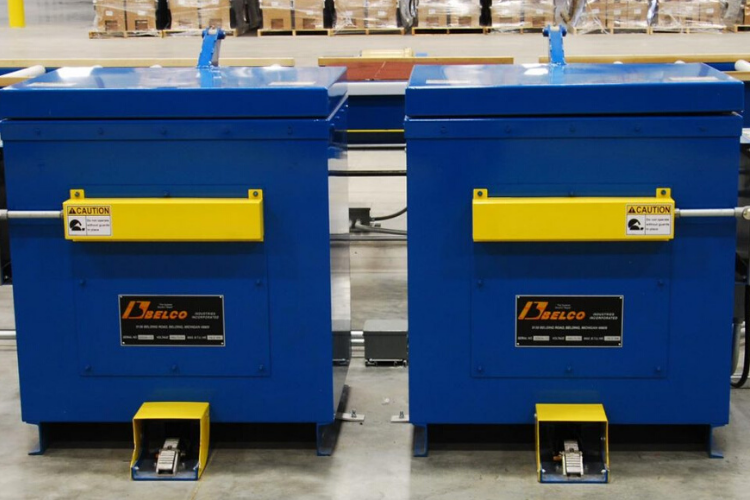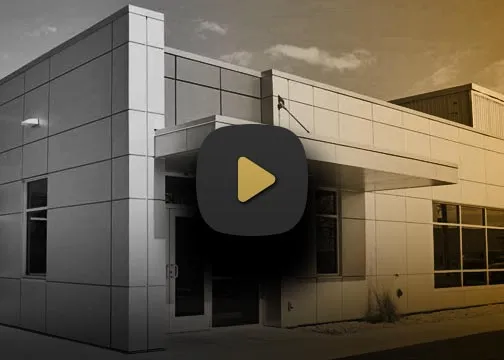Oven Maintenance 101
Oven maintenance is incredibly important, first and foremost for the and secondly for the efficiency and longevity of your oven. Maintenance could be anything that improves the safety and/or functionality of your oven.
Removing any and all waste, repairing broken or damaged parts, lubricating the conveyor or motor, inspecting the seals and shafts are all examples of oven maintenance.
Know your equipment
What kind of oven do you have? Is it continuous or batch? Having the technical knowledge of your oven and knowing when/what it needs is vital for sustained operation and limiting human error. The more you know, the more you can apply and the smoother things go.
Read and review the manual. In order to best maintain your oven, it is important to know how it functions. How does it startup? How does it shut down? What are the processes it goes through to complete the job?
Determine the environment your equipment is in
This has a significant impact on the frequency and kind of maintenance it requires. Is indoors or outdoors? If it is outdoors, what kind of maintenance does it need through the various seasons?
What other operations are nearby and what effect could they have on the oven? Does pressure consistently build up in the area around your oven? How does that impact it?
Keep the equipment clean
Keeping the area and all parts of the oven clean is vitally important for the safety and well-being of everyone working with/around the oven and for optimal efficiency.
Ensuring your filters are regularly cleaned is one of the most necessary roles because they are the one part of your oven that will help keep the rest of it running smoothly.
Inspecting your motors, bearings, burners, component surfaces, and other interior areas to make sure they are clean and in good condition will help your oven last longer and perform at a higher level.
Lubrication
Lubrication helps reduce friction which if allowed to build up can cause major dysfunction and drastic setbacks. Three of the most important parts of your oven to make sure are lubricated are the conveyors, motors, and bearings. It can be easy to miss when something needs to be lubricated because it generally is not visibly obvious.
Seals
Make sure any and all seals are properly sealed and not damaged. This affects how well your oven does its job and prevents anything from leaking and/or escaping, especially excess heat.
Checking any shaft openings because you will need to funnel any fumes, gases, or waste to the proper location and not simply out into the open.
Establish a maintenance routine!
Arguably the most valuable and necessary aspect of maintaining your oven is establishing a maintenance routine. Based on the hours of production and the operating temperature, when and how are you going to clean/maintain the oven? Be sure maintenance is recorded so if you have an issue you can refer to the log to see when it was last serviced.
Contact Us
If you have questions or want to learn more, please contact Belco Industries at (616) 794-0410.


